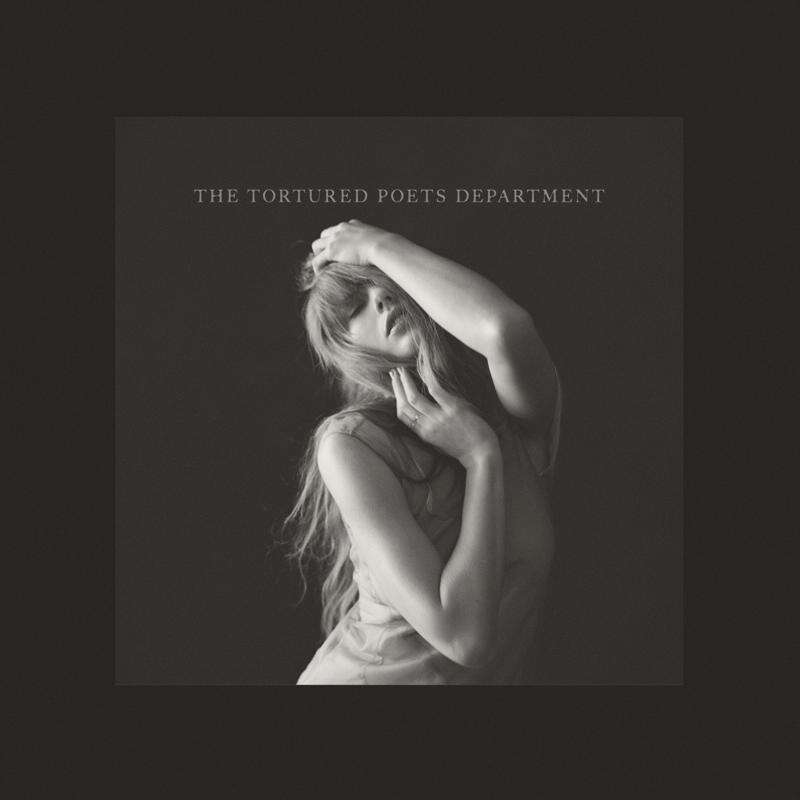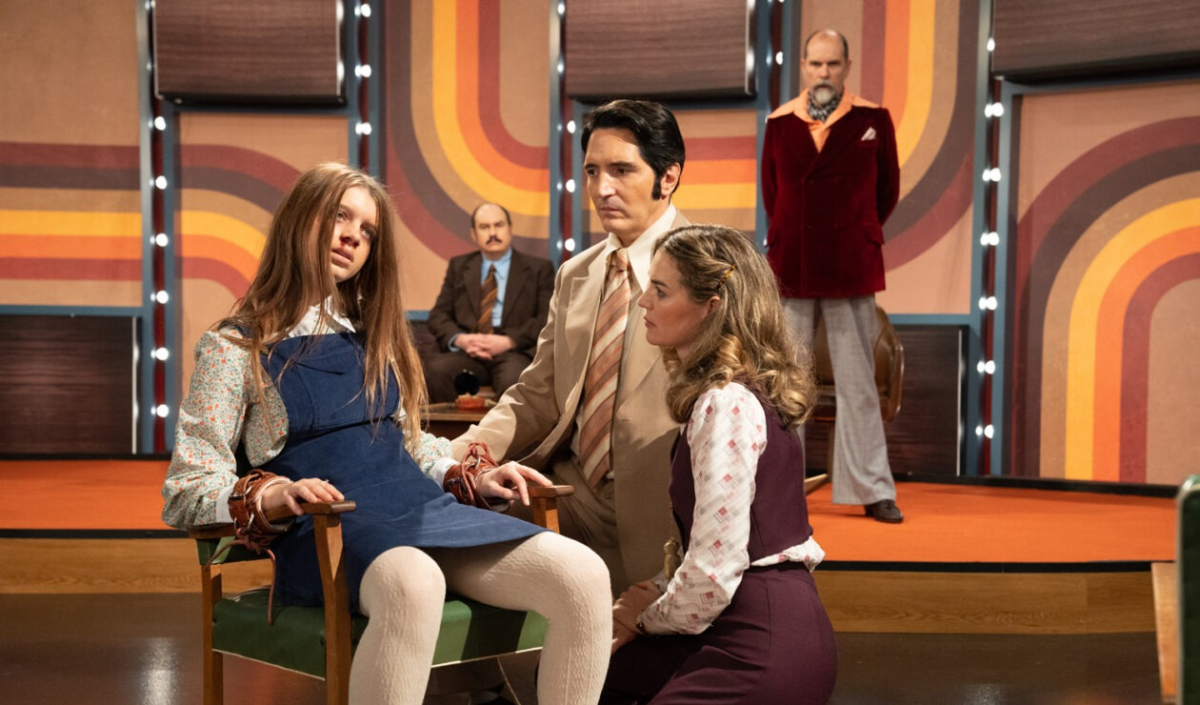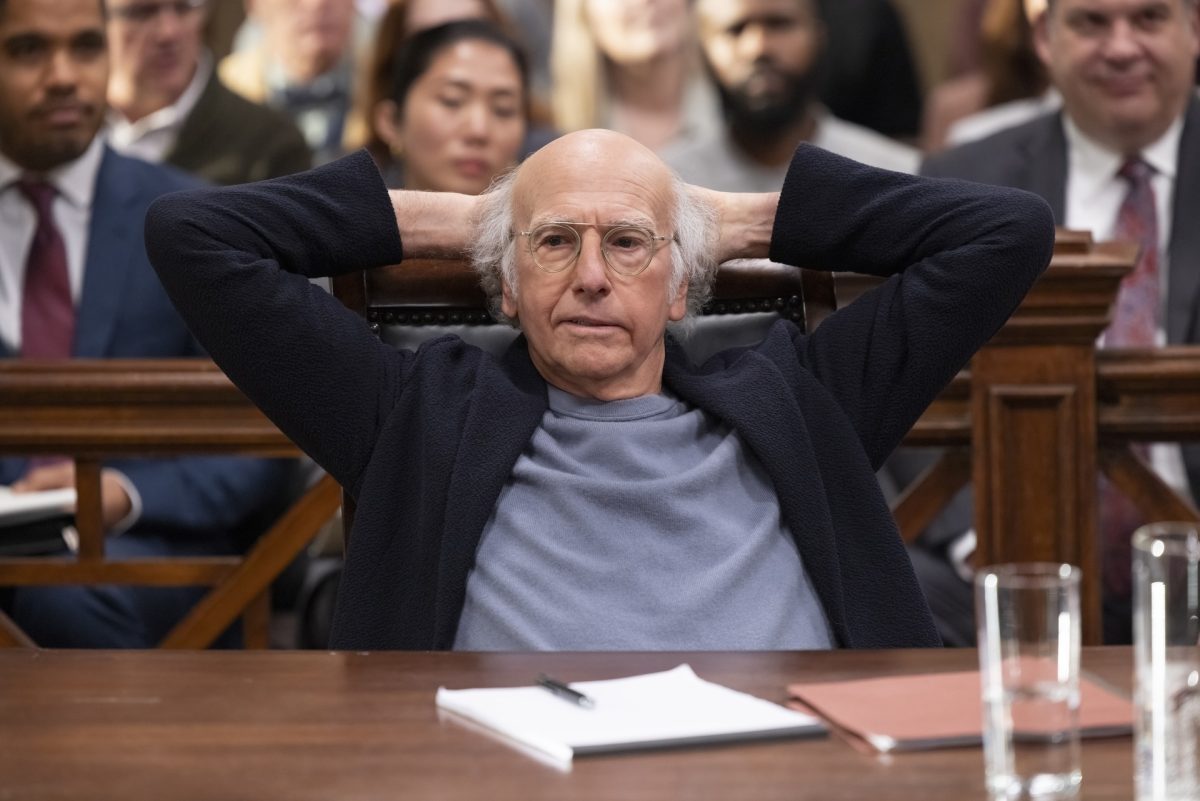Year after year at UT-Austin, Carlyn Hudson watched as the number of female students in her radio-television-film classes declined, a problem that reflects the film industry as a whole.
Since the New Yorker’s exposé on Harvey Weinstein just one month ago, the number of filmmakers coming forward about their disturbing experiences with powerful players has grown from 13 to several thousand.
Hudson, co-founder of the Women in Cinema student organization and director of the 2016 Austin Film Festival selection “The Big Spoon,” has been vocal about her own experiences. She took to Facebook shortly after the Weinstein article was published to express a similar encounter she had in her early 20s with a prominent producer. According to Hudson, the unnamed producer used his high position to abuse multiple women, causing herself to doubt the viability of her work as a woman.
“I was desperate to have a career, make a name for myself and put my foot in the door,” Hudson said. “You deal with these awful people because you think that’s what you think have to do. I just thought, ‘Okay this is the industry, but he keeps giving me these big opportunities, so I’m not going to blow that.’”
Many women who face this kind of behavior often drop their line of work altogether, but according to a study by UT-Arlington professor James Campbell Quick, sexual harassment can also cause lingering effects. Quick’s study indicates victims may suffer from a variety of mental disorders as a result of these actions.
“Evidence continues to suggest women (in harassing situations) may experience negative mood, eating disorders, drug and alcohol abuse as well as work turnover intentions, long-term anxiety, job stress and/or burnout,” Quick wrote.
Together, these consequences create a culture within the film industry that deters females from high-ranking positions, leading to a lack of representation of women both on and off camera. The Hollywood Reporter announced earlier this year that female directors made up only 7 percent of the top 250 films in 2016.
“It’s hard to deny the numbers,” Hudson said. “Power and balance is the reason this stuff happens to begin with. The more money you have, the harder it is to get women hired.”
For Hudson, these problems are seeded in a deeper, systemic issue within our society. Hudson herself said she has also been a perpetrator of bias, detailing a time in her career when she overlooked a woman’s resume with the assumption that she couldn’t handle the work.
“I went over her resume again and I was like, ‘Yeah, she has just as much experience, if not more, than these two guys (up for the position),’” Hudson said. “We have to train ourselves to catch ourselves, because we all do it. We’re all conditioned to be biased against women from the time we’re children, from the toys we give little girls versus little boys.”
These obstacles are not easily remedied, but change begins at the individual level. Hudson makes it her mission to employ a diverse crew of filmmakers on her sets and uses her medium to tell empowering stories.
“Hire women. Just give them a shot,” Hudson said. “Know that there are executives in Hollywood who are women, who are people of color, who are desperately trying to get these stories told, but it’s hard.”
Correction: The festival Hudson's film screened at was the Austin Film Festival, not SWSX as the paper originally reported.




















